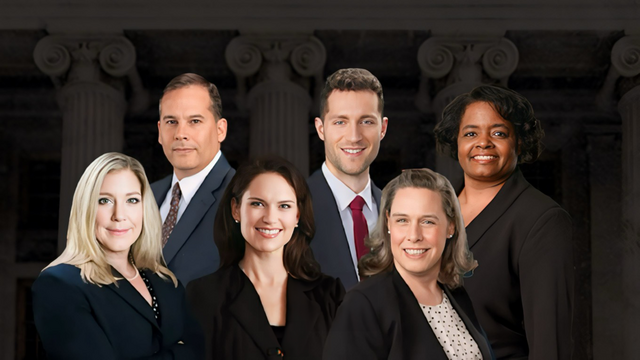Virginia Drug Offense Trials
Drug offenses in Virginia are going to be prosecuted seriously and often harshly. In many drug cases, especially once a person has multiple convictions, there is mandatory minimum sentencing. There are also many different types of circumstances where a person will be sentenced much more harshly than what the guidelines recommend. Sentencing in drug cases is hard, and it is up to the defense lawyer representing a person who has been convicted to come up with creative alternatives to satisfy the court.
Types of Trials
A Virginia drug case is going to be heard in the jurisdiction in which is the person is arrested. If a person is arrested in Prince William County for a drug possession charge, that person’s case will be initially heard in Prince William County. The only exception is if the person is charged in federal court, that individual’s case will be heard in the federal building nearest to where they were charged.
What type of trial someone will face will depend on what exactly an individual is charged with. If they are charged with any misdemeanor drug-related offense, the first trial that they will have must be before a judge. This is because that type of trial will take place in General District Court where there is not a jury trial available. However, if an individual’s trial is a felony trial or if they have appealed a guilty finding from General District Court to Circuit Court, then they might have a jury trial, or they might have a bench trial. In Virginia, a jury trial is presumed, however, if the Commonwealth attorney, the defense attorney and the court waive the presumption of the jury trial, then the person can have a bench trial in circuit court.
The vast majority of drug offense cases can be handled in one day. However, larger drug cases can take weeks. It depends on the type of case and the nature of the evidence against the person.
Elements of a Drug Offense
The first thing the prosecution needs to prove is that the substance in question was, in fact, a drug. They need to do that by submitting the evidence to the state laboratory and having that state laboratory come back as positive for some controlled dangerous substance. If the charge is possession, all they have to do is prove is that the person possessed the drug. If the person is charged with manufacturing or distribution or transportation, they have to prove each of the elements of those crimes beyond a reasonable doubt. The first hurdle that must be cleared in every case is to prove that the substance was indeed a drug.
Contested Elements at Trial
Usually, the most highly contested elements of a drug crime trial in Virginia deal with the intent of the defendant. Virginia law is not friendly to people who like to buy marijuana in bulk, because if a person possesses anything more than one-half ounce of marijuana, there is a presumption under the law that they intended to distribute it.
Potential Constitutional Issues
The most common constitutional issues in Virginia drug offense trials surround the Fourth, Fifth and Sixth Amendments. The Fourth Amendment protects people from unreasonable searches and seizures. This is related to issues such as police searches and warrants.
The Fifth Amendment allows a person to remain silent during the phase of questioning. Often issues come up as to whether a person was properly advised of their rights under the Miranda case that requires police officers to warn people that they have the right to remain silent in custodial interrogation.
The Sixth Amendment present issues involving the confrontation of witnesses. For example, a person charged with possessing a drug that is certified as a drug by state laboratory technician has the right to cross-examine that witness. The government now has the duty to present that witness at trial for possible cross-examination by the defense.
Those are some of the issues that have come up recently in cases both to the local level and the Supreme Court of United States, and each of them will continue to weigh heavily in how these cases are resolved.




